Getting Spacey
UPDATE
March 4, 2016 — House of Cards Season 4 now on Netflix!
Fan favourite Kevin Spacey talks Hollywood, Jack Lemmon and the power of the letter
After two Oscar wins and a string of box- office smashes under his belt, Kevin Spacey was a giant in Hollywood with the industry at his feet. The Usual Suspects, American Beauty, L.A. Confidential, Se7en — all instant modern classics and each brandishing breathtaking performances from the enigmatic New Yorker. While at the top of the Tinseltown heap, however, Spacey, 55, found himself in an existential crisis and questioned his next move. “I wanted something new; a new challenge. And that’s when an opportunity with the Old Vic cropped up and it felt right.”
Turning his back on the big screen, Spacey moved to London where he took over as creative director of London’s failing Old Vic Theatre, quickly rejuvenating its fortunes while largely giving up his movie career, though he was fleetingly wooed back with cameo roles in Horrible Bosses and Margin Call and an ill-advised stint as Lex Luthor in Bryan Singer’s critical and commercial bomb, Superman Returns. But after a decade away from the spotlight, he returned to centre stage in House of Cards, a glossy U.S. remake of the ’80s cult BBC series starring Ian Richardson as the iconic Francis Urquhart.
Moving from Downing Street to Capitol Hill, Spacey took over as Francis (Frank) Underwood, a ruthless politico whose covert crimes and dastardly dealings alongside his scheming wife, Claire, played to magnificent aplomb by Robin Wright, have finally helped him achieve his dream of the Oval Office.
But in the third series recently released on Netflix, the cracks are starting to appear in the Underwood unit as the pressures of the presidency weigh heavy. And while most fans were to believe this was the final series of House of Cards, according to Spacey himself — who chats with us in a bright suite at London’s Corinthia Hotel — there’s plenty more to come.
Q & A with Kevin Spacey
Q Frank Underwood is now the president and has achieved his ultimate goal, but what’s next? Or more to the point, what’s left?
A I know, people keep saying that to me and I just think, “really?” It would seem to me that getting to the presidency, and all the obstacles Frank has encountered, is when the real job starts. And then looking at his relationship with Claire: two people who’ve shown they can work brilliantly in the shadows and dark alleys, and how they’re going to have to adjust being in a spotlight that is never off them. It’s going to be an interesting, we hope, evolution to what that means as a couple. There’s a lot of road to hoe. And Frank is a human being. That’s one of the things that I’m learning, and he’s still learning. That’s part of the fun of going to work every day — we get to decide how much of the onion we want to peel and how much we don’t.
Q Where would you place the moral centre of the series? Frank is obviously the centre, but not the moral centre.
A I don’t know. It’s impossible for me to answer; I just throw the chips in the air and see where they fall.
Q Do you like Frank?
A It’s very dangerous as an actor to judge the characters I play. It’s dangerous to make a moral judgment of a character because if you do, you’ll wear that on your sleeve. I’m afraid I wouldn’t be able to play with complete and total honesty and let the chips fall where they may. Let an audience or a journalist make that assessment that that character is this or that way. First of all, it’s hard for me to judge a character and say, he’s so evil, he’s so bad. And I go, “Well, those are things that I can’t play.” You can’t play evil; it’s not an active thing. You can play unintention, you can play the reason someone does what they do and you can play the reason someone justifies what they do.
For me, it boxes me in in such a way that I can’t function as an actor. Frank wants to succeed so I have to be on his side.
Q Would you ever go into politics?
A I wouldn’t want to go into politics; it holds no interest to me at all but I do admire it and admire public service and I do believe people who want to be part of a system where you try to make life better is fantastic. But I would be remarkably frustrated. I like to have a goal and to set a goal, accomplish it and it’s so difficult to get anything done, it would drive me nuts.
Q You’re always asked about your own politics, and the fact that this could be the last series, will that come as a relief?
A Do you know more than I do? Because I don’t know that this is the last series.
Q Well, it was reported it was the last but please feel free to enlighten me.
A I don’t know, they haven’t told us this is the end, they haven’t told us we’re doing another.
And to answer your question, I’m a Democrat; I’ve always been a Democrat. I’ve always been very clear about that. I support my president and people attack me about that. I think when you say anything good or bad about a politician, you’re going to have half the country loving you and half the country hating you. That’s the nature of the beast. The only thing that people attempt to do, they try to draw parallels between fictional politicians and real ones and there are no parallels. He’s not based on anyone. And the people ask, do my politician friends watch what they say around me now? Let me just say I don’t have many politician friends and none of them are old pals; I don’t hang out with them on a regular basis. I see these people at events, but they’re not my friends. I have one good friend, [former] president [Bill] Clinton, but he’s not worried about what he says around me.
Q Much of the new season revolves around the simmering problems in Russia. Was that intentional?
A We will begin discussing the arc of a season very early on of issues we want to attack and explore and then it will be written, and filmed. And then a few months later, something very similar occurs in the headlines. And we think, they’re going to think we ripped this from the headlines, when in actuality, it’s the other way around.
But [creator] Beau Willimon’s team has a particular sense on the pulse of what is happening, like [how] we tackled China in the second season. We have the same now in the new season where we’re focusing on the discontent in Russia, which is interesting. From that, you can draw conclusions and parallels with the real world. And maybe we bring a better understanding and spotlight to these issues.
Q You’re back in the Oval Office for the film Elvis & Nixon as Nixon himself. Was there any reluctance on your part to take on another presidential role?
A None whatsoever. First of all, it’s a very different president and it’s a Nixon not saddled by Watergate. So this is 1970, before he even started taping in the White House. And it’s a very funny story, it’s really funny. And it’s a true story about how Elvis Presley wanted to meet the president so he could become an undercover agent at large.
Q Nixon’s a very specific historic character to play.
A Yeah, it was great to embody someone like him [that is] so well known. But doing it was just left of Dr. Strangelove. We play it quite serious but it was hysterical.
Q I read that you sent Woody Allen a Netflix subscription to make sure he considers you for his next film.
A Yes, he thanked me for that.
Q Have there been any developments?
A Yes, there have been developments but unfortunately, I’m not available to do a film he wants me to do.
Q Are there any other filmmakers you’ll do the same to because you want to work with them?
A Now, I’m going to write letters to every director and filmmaker I’ve loved in my life because I believe in letters. They’re incredibly important and I don’t think people write enough letters. I mean this seriously. I wrote Woody Allen a serious letter, and I’ve admired him for so long and he’s never hired me. And I thought, maybe he doesn’t know me. And then he wrote me this wonderful letter saying, “No no, I’ve seen your work and I’ve seen you do this and theatre and now that you’ve put yourself in front of me again, let’s see what we can do.” So I say to emerging actors [that this is] so so important. I have countless examples. There’s some new interesting actress and you say to the director, “where did you find her?” And they say, “she’s wrote a letter for every play I’ve done for the last six years and I finally decided to bring her in to test and I cast her.” It’s a really valuable thing to do. You can’t presume that everyone knows your work. And particularly for me because I moved to London 11 years ago, and so in terms of Hollywood, you’re out of sight, you’re out of mind. I wasn’t getting offered any movies. I was dedicated to the theatre here. But, sometimes, you have to put yourself in front of someone to remind him or her that you exist. So I just try to do a little, “hi, remember me?” [laughs].
Q Why did you come to London and quit Hollywood?
A It felt right. I needed to get away and find a new challenge, which came right after the Oscar win for American Beauty in ’99. Shortly afterwards, that’s when I decided to go to the Old Vic. And I missed the stage. I’m a theatre rat. I don’t look like the guys in the movies. I had just spent 12 years seeing if I could build a career as a film actor and it worked out better than I could have hoped. The Oscar meant to me a pinnacle, but then I got scared. It scared me that I was going to keep doing the same thing over and over. I was like, “I don’t want to keep doing this same thing.” And London felt right.
Q What do you love about London?
A Where do you start? I couldn’t list everything off but the energy, the culture, the vibrancy and the pace. It agrees with me, it’s always agreed with me.
Q Isn’t your tenure at the Old Vic coming to an end soon? Are you going to stay here?
A Firstly, you are way ahead of the game here. I still have another six months in my role as artistic director. I’ve quite a lot of work to do before I’m done.
Q Did you want to extend?
A No, there was never any chance of that. It’s been an incredible experience but I’ve more work to do, a lot of money to raise so the next director doesn’t have to spend as much time fundraising as I have.
Q Is it true that Jack Lemmon made you want to become an actor?
A Yes indeed. At 13 years old I met the great man, someone I had looked up to, when a rather perceptive drama teacher clearly saw that I had some potential, and got me into this workshop run by Jack Lemmon.
And we had to put on some scenes, and at that point, I had no interest in pursuing acting professionally. I didn’t know what I wanted to do. I was painfully shy. But then again, so are most actors.
But I did the scenes and at the end, Jack walked up to me and put his hand on my shoulder and said, “Son, you are a natural and this is what you’re meant to do in life.”
“Grow up and go to New York and pursue this because you have what it takes.” And his advice literally changed my life.
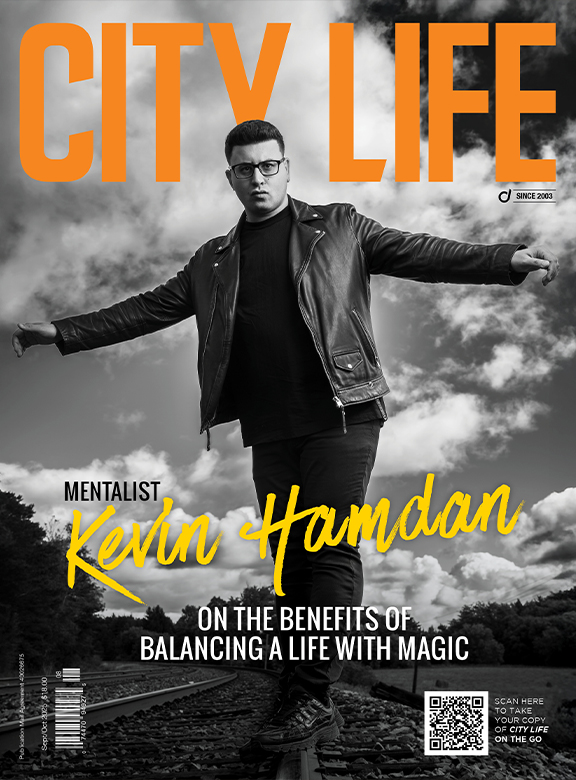
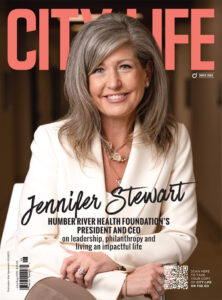








































































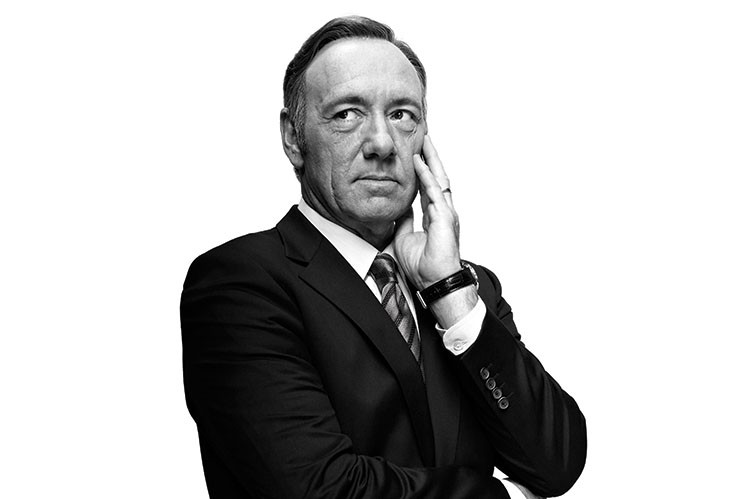
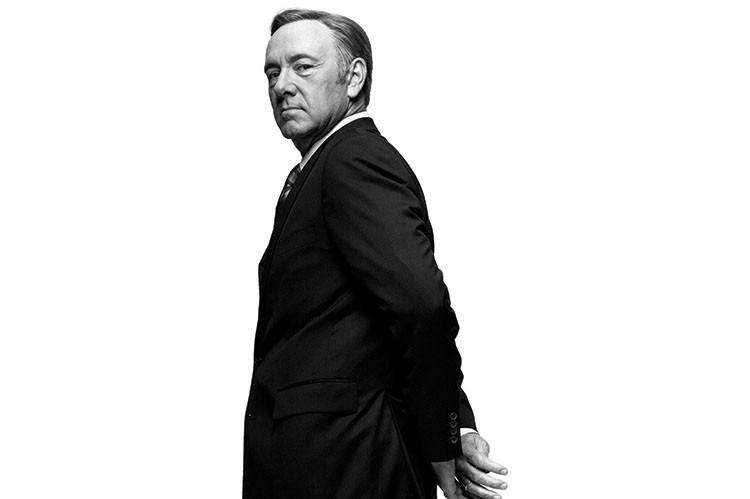
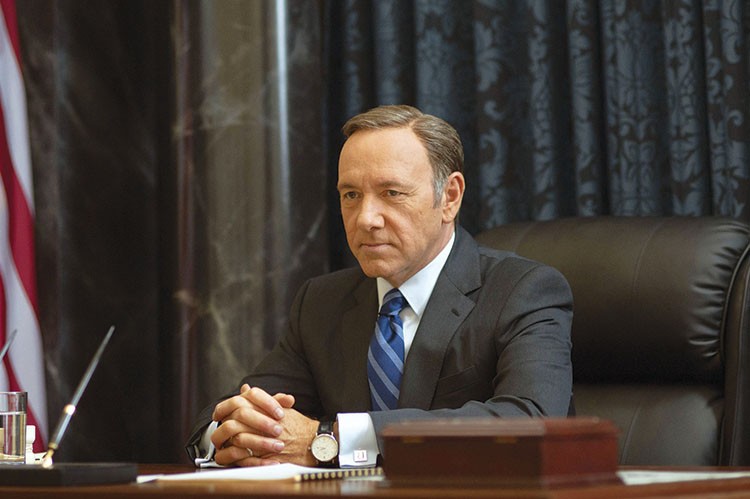
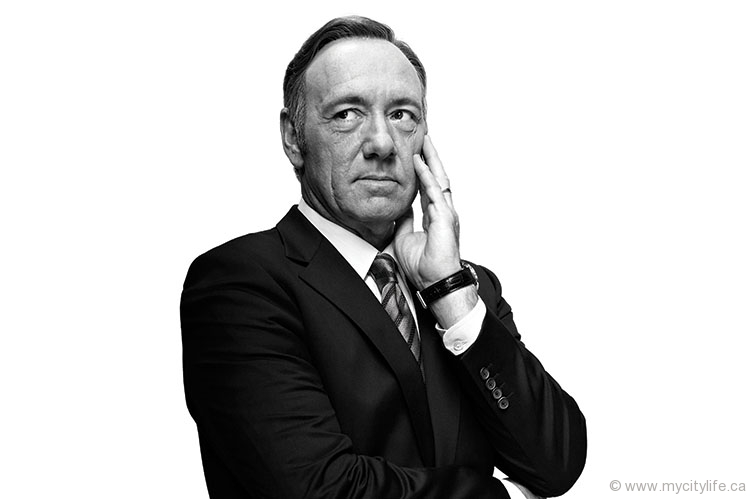


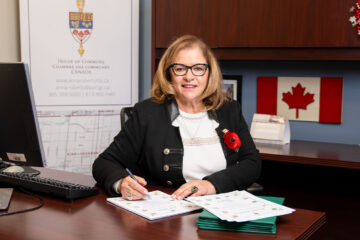
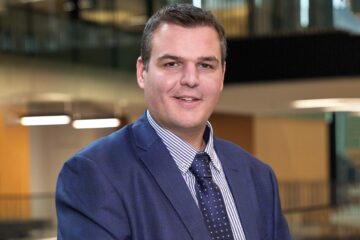
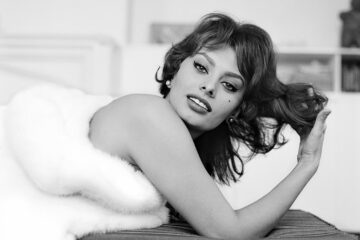
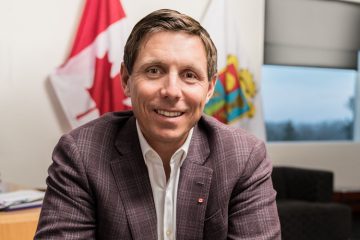
No Comment